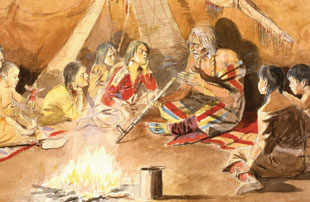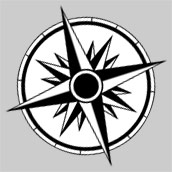
Pathways to Key Insights
Many of the most useful insights from The Human Journey—the insights that can help us address today’s most pressing challenges—draw from every phase of our human history and are supported by science-based information from many disciplines. Follow these shortcuts to uncover these insights for yourself.

More Unites Us
Than Divides Us
Evolution has produced a remarkable set of traits shared by all humans everywhere – traits that reflect the journey of our mind and its adaptation to communal life. These commonalities manifest in interesting ways in every human culture and society.
See:
Genetics and Human Evolution
211 Universal Characteristics All Humans Share
Oral Culture
Pyramids: Stairway to the Gods
Pathways to Current Beliefs
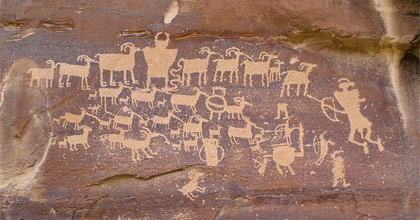
We Are Problem Solvers:
Creativity from Crisis
We humans are a problem-solving animal. From magnificent Ice-Age cave art to the emergence of democracy from the Greek dark ages, our greatest developmental breakthroughs come on the heels of increased need.
See:
Homo Sapiens: The Hominid Survivor
Symbolic Language
Out of Africa
Paleolithic Beginnings
The Axial Age

Empathy Ensures
Our Survival
We are social animals; the story of our evolution is one of making contact and connecting. Acting on the interest of the larger group is an evolutionary trait that ensures our survival.
See:
Human Traits in Our Nearest Relatives
Our Moral Endowment
The Age of Empathy and The Bonobo and the Atheist
Global Poverty Today
Social – Why our Brains are Wired to Connect
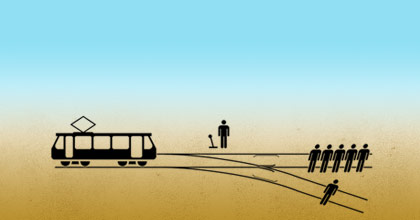
Our History Is
One of Choices
The way our brains are “wired” to ensure the survival of our group can also bias our choices and impede our ability to solve today’s problems, which require a broader view.
See:
Thought and Language
The Axemaker’s Gift
Moral Tribes
The Rocky Road to a Sustainable Future
The Great Attention Heist
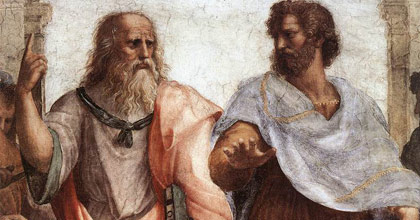
We are Capable of
Conscious Evolution
Fortunately, we inherit the ability to go beyond our biological inheritance and make the conscious choices necessary for our survival and development.
See:
Axial Age Thought
New World New Mind
Education for a Changing World
Creating a Learning Society
Doughnut Economics
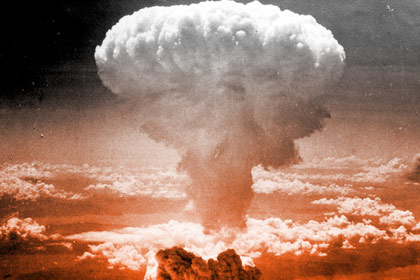
We Are in a Race
With Ourselves
From ca 3000–1200 BCE, civilizations in the Aegean, Egypt, and the Near East formed the first global economy, enjoying nearly 2000 years of growth and prosperity. Within a century, the whole system collapsed. Are there lessons for our own time?
See:
The Bronze Age Collapse
Our Finite Planet
The Changing World Economy
New World New Mind
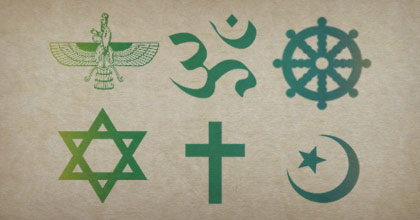
We Benefit from
Our Multicultural History
As humans, we share a common biological and psychological heritage. But we are also molded by our families and culture, creating very different worldviews. These divisions loom large in the modern world, yet throughout history, civilizations have absorbed, selected and incorporated ideas and beliefs from each other. From ~2500 BCE until 431 CE, conflicts were more often territorial, than cultural.
See:
Journey of the Human Mind
Judaism
A Multicultural Story
Best Known Gospels
Judaism and Christianity in the Qur’an
The Journey of Classical Greek Culture to the West

Creating the World We Want
Download Our Free
Discussion Guide:
Creating the World We Want
Stories work with people, for people, and always stories work on people, affecting what people are able to see as real, as possible, and as worth doing or best avoided. What is it about stories—what are their particularities—that enables them to work as they do?
The Evolution of Storytelling
The First Stories
The Oral Tale
The Written Word
Meta Storytelling
The Science of Storytelling
A Unique Form of Literature
The Teaching Story

